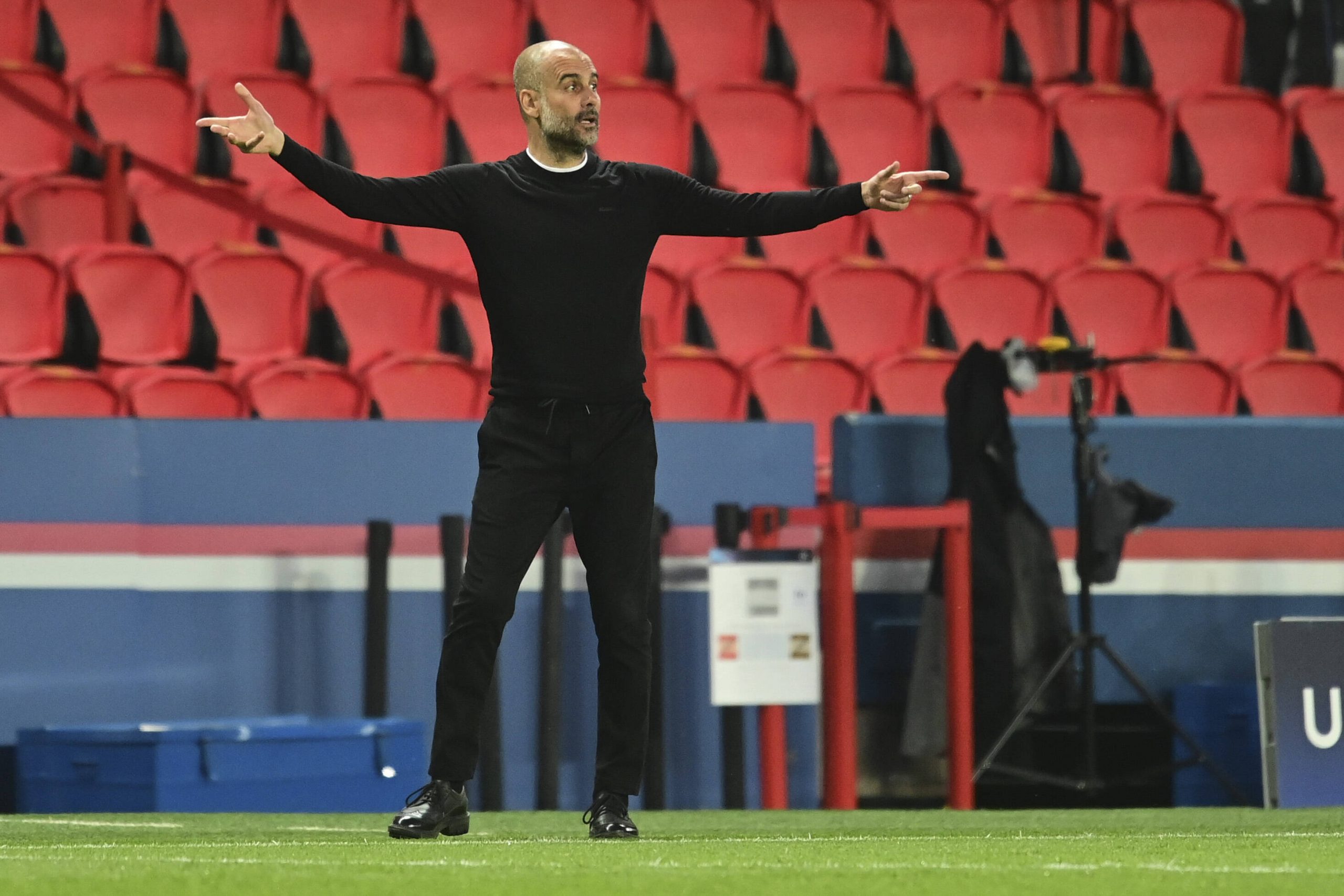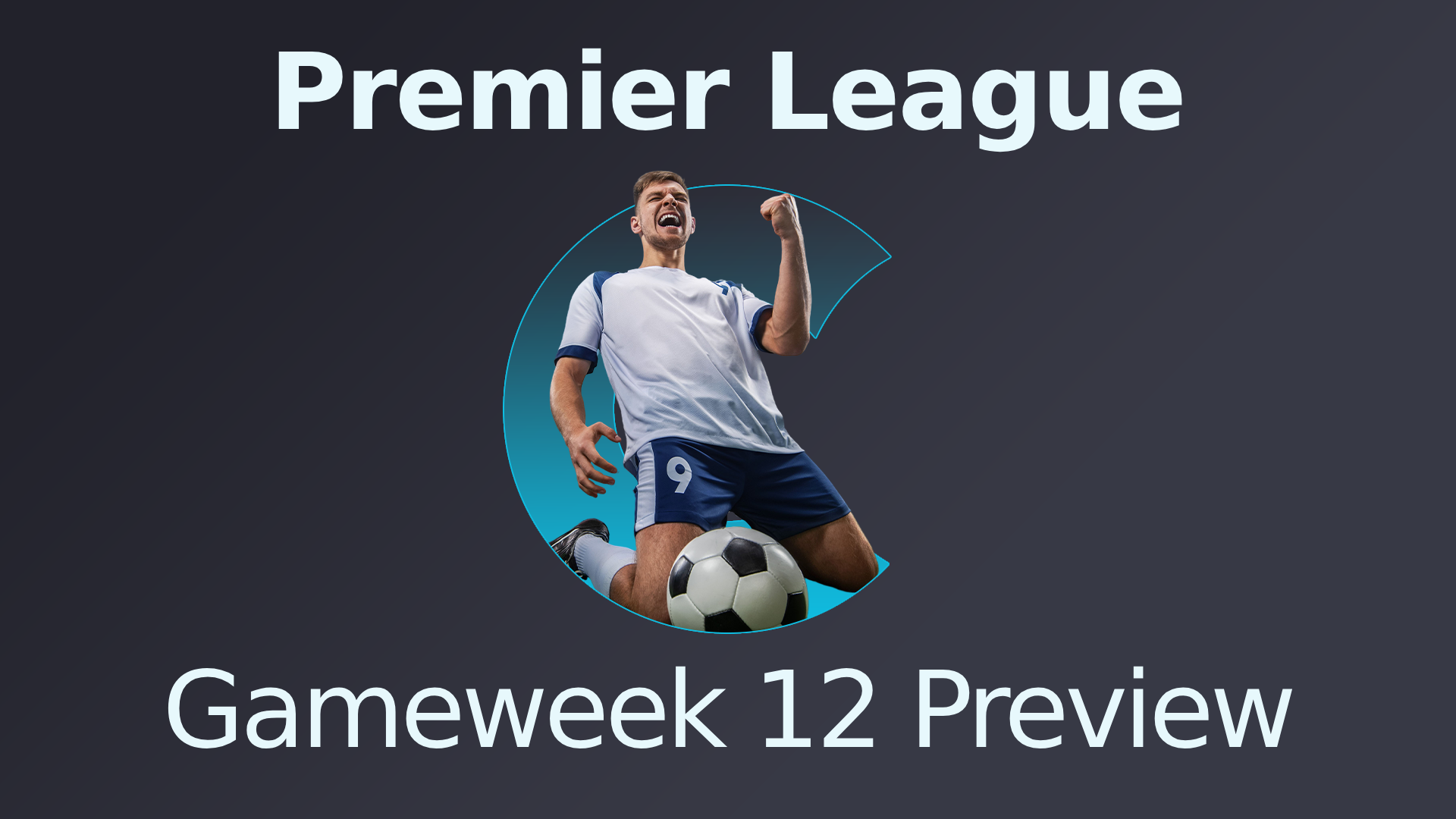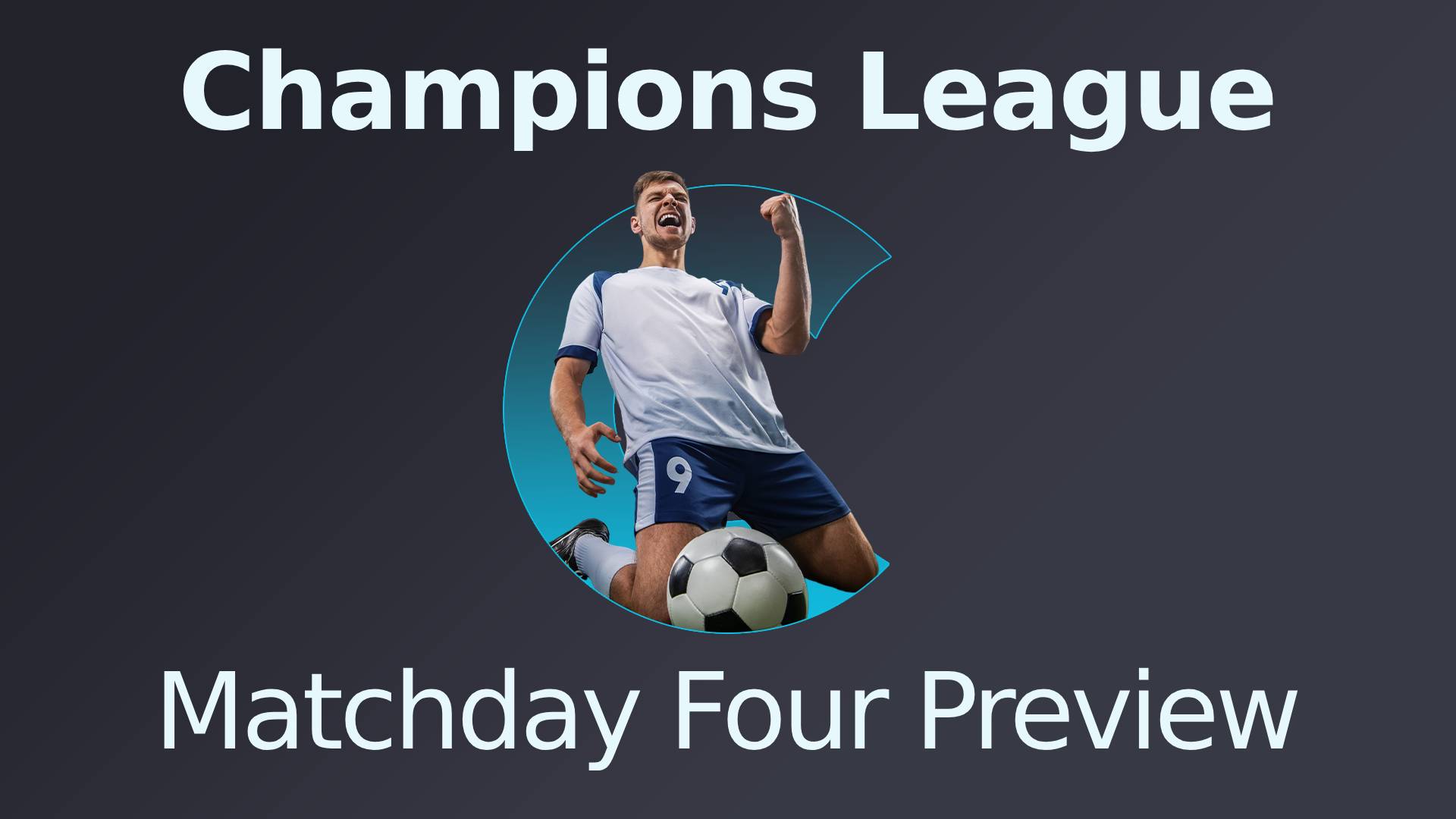The last 18 months are a blur, a droning brain fog in which each day bleeds into the next and notable characteristics, lessons, or highs and lows are scarcely discernible save for a couple of key moments. A pandemic, it turns out, is more susceptible than most things to the peak-end rule: the phenomenon of unreliable memory in which our brains only capture the peak moment and the end of an event. For each of us those two points will be different and, of course, the end may not have arrived yet.
Football, as always, has served as a microcosm of the culture at large, neatly mirroring the loss, the boredom, and the eeriness of the pandemic as players drifted back and forth in empty stadiums, playing out a shadow version of the real thing. And when it comes to brain fog, when it comes to the weird void where lockdown memories ought to be, the story of Manchester City’s season certainly reflects the idiosyncrasy of the last year-and-a-half.
Pep Guardiola solved pandemic football before anyone else. He noticed the emotional toll of playing without a crowd and the physical (and psychological) toll of an exhausting mid-lockdown fixture list and acted decisively, easing off the press while doubling down on slow possession-centric football. Adapting so quickly was arguably the greatest tactical achievement of his career to date.
The peak was a record-breaking 21-game winning streak and the end was a third Premier League title in four years. But strangely enough we have forgotten what happened over the first three months of the season and that, on December 20 2020, Man City were ninth in the table and on the verge of crisis. Many had begun to question whether the Guardiola era was simply coming to an end.
Man City’s Premier League points tally after 12 games over the past four seasons:
2017-18: 34
2018-19: 32
2019-20: 25
2020-21: 20 pic.twitter.com/Sb34ik4fez— ESPN FC (@ESPNFC) December 15, 2020
City’s subsequent resurgence has ended speculation of a long-term decline. And yet, given the unique circumstances of the 2020/21 campaign and Guardiola’s adaptation to it, it would be naïve to assume all of the problems so starkly present last December have magically disappeared.
When English football returns to its pre-pandemic format this month — capacity crowds, high-energy and hard-pressing tactics — the flaws we saw in winter may re-emerge. Certainly the club have made no attempt this summer to patch up the problems and, if one felt particularly pessimistic, it could be argued that the pursuit of Jack Grealish shows an unawareness of the tactical deficiencies that may return in 2021/22.
Back in the midst of that poor run, when City had 20 points on the board after 12 Premier League games, the tactical issues could be framed around Guardiola’s penchant for signing elegant all-rounders to replace specialised talents that had either moved on or entered their twilight years.
The line-piercing directness of Leroy Sane was influential at City precisely because he worked against the grain, disrupting the meticulous rhythms of Guardiola’s possession football to provide a killer instinct. Replacing him with Ferran Torres was not like for like. Similarly Fernandinho in his prime offered a biting tackle and aggressive demeanour that is not matched by Rodri – another typically Spanish passer who is virtually a caricature of Guardiola’s favourite type of player – while David Silva was not replaced at all.
As City tended towards universality, losing the flourishes of individualism in the squad, they began to look soft in the middle; vulnerable to counter-attacks and lacking the edge needed to turn possession into clear-cut chances.
This sense of passivity, eventually harnessed into controlled low-tempo suffocation in the final two thirds of the season, was exacerbated by the age of the squad. In 2021/22 six of their prominent first-team players will be over 30 and just two – Phil Foden and Torres – will be under 25.
It is plausible that the tactical sidestep taken in 2020/21 will not suffice this time around, not with Chelsea having enjoyed a summer of coaching under the gegenpressing Thomas Tuchel and not with Liverpool likely to return to their best form as injuries clear and supporters recreate Anfield’s unique energy. Man City’s points tally of 86 will not be enough.
Or, to put it another way, they need to get a lot better while pivoting back to a tactical system that looked worryingly flawed eight months ago. But if there are underlying issues in central midfield, or in counter-pressing effectively to avoid being caught on the break, then judging by the transfer window so far Guardiola does not appear to see them.
Confirmed. Harry Kane has NOT shown up for Tottenham training, as @skysportspaulg revealed. Been told it’s Harry Kane choice and not related to Covid test. ⚪️ #THFC
Kane is assuming that he has had a ‘gentlemen agreement’ with the club since one year to leave Spurs this summer.
— Fabrizio Romano (@FabrizioRomano) August 2, 2021
Clearly Guardiola is worried about the club’s lack of cutting edge in the final third. Man City’s pursuits of Grealish and Harry Kane are unusually aggressive, high-profile, and expensive, suggesting they are worried by the club’s conversion rate, which over the last few years has been consistently on par with their xG. Granted, signing Kane would probably obliterate all of their problems by the sheer nature of his goalscoring from low-percentage chances, but Man City are unlikely to land him this summer.
And as for Grealish, his propensity to slow the game down in the dribble and work delicately in the half-spaces, not to mention Guardiola’s reported intention to use him as a free eight to compete with Ilkay Gundogan, suggests the Man City manager does not believe Sane needs replacing or that the midfield needs solidifying. One could argue City need their own Fabinho, whereas a nine-figure outlay on Grealish — hardly famed for his work-rate or pressing ability — is an emphatic rejection of that idea.
The counterpoint is that Man City were forced into a slowdown and their form during those sticky three months was merely a result of the unique circumstances of the pandemic; if Chelsea and Liverpool can up the tempo as things get back to normal, then City should also improve.
But in December the issues ran deep. Mid-winter 2020 was a dark time in the UK, one most of us struggle to recall in detail and have no wish to do so, and yet we ought to pay attention to how things felt in the Premier League. Many critics were seriously concerned about Man City’s future. Problems like that don’t tend to disappear without being addressed.







